
It is a bitter truth that a single sentence, spoken rashly and without really meaning it, can destroy the whole of your life as you have envisaged to live it.
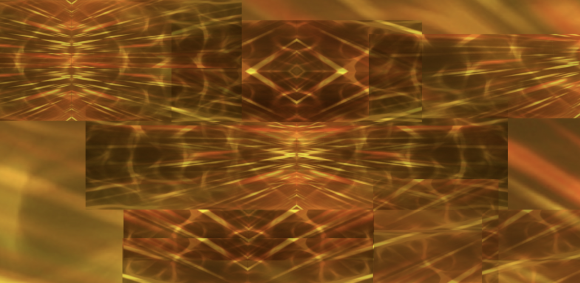
In the literature on synchronicities, that phenomenon is usually defined as a coincidence of two or more events which invokes a “sense of meaningfulness”, and where the events in question — crucially for the point I want to focus on — are not causally linked. In one respect, that last clause is a sensible requirement. For if there were a causal link between those events, that would suffice as...

This post has a more personal character than most of the others. I hope it will clarify how I approach Jung’s work on synchronicities, which is at the center of this blog: my strategy in reading and interpreting it, as well as my attitude towards it, an attitude that is deeply admiring, but critical at the same time (as is probably evident from my postings already). 1. I admire, to begin with...
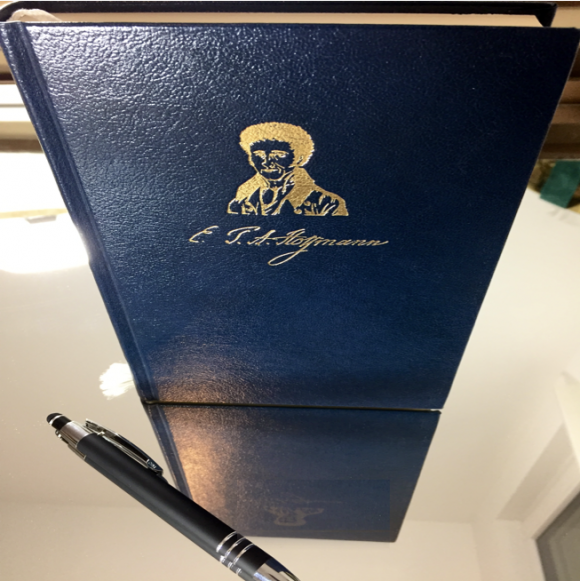
There is a certain kind of personal gain which you can only attain by deliberately becoming invisible to others — by ensuring that they can no longer see you for what you really are. If this sounds like a small price to pay, wait to see what develops out of it: for there are hidden costs to the bargain. It is, after all, a pact with dark forces, and in the end, it may leave you in despair.
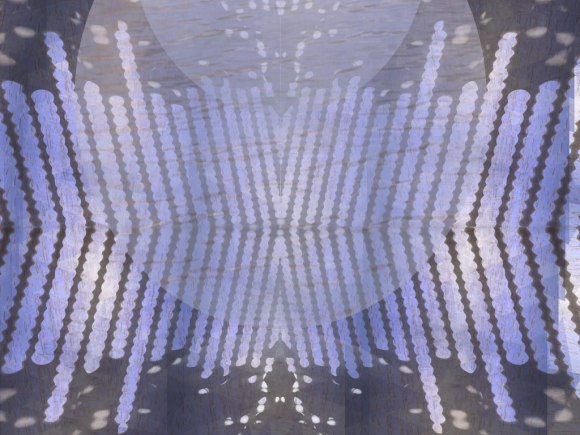
There is an often overlooked connection between the impression of something as meaningful — a “sense of meaning” — and a willingness to give up one’s own freedom of action and choice. Is that an ingredient in synchronicities, too? (After all, the feeling of meaningfulness is a necessary ingredient in the phenomenon as such.) 1. In his analysis of the history of advertising, Tim Wu explains the...

In Jung’s examples of synchronicities, at least three ingredients seem necessary - all of them rather subjective in nature: first, there is a perceived connection between two events; secondly, a subjectively felt need for an explanation of that connection; and thirdly, an inability to construe the connection as a causal relationship.
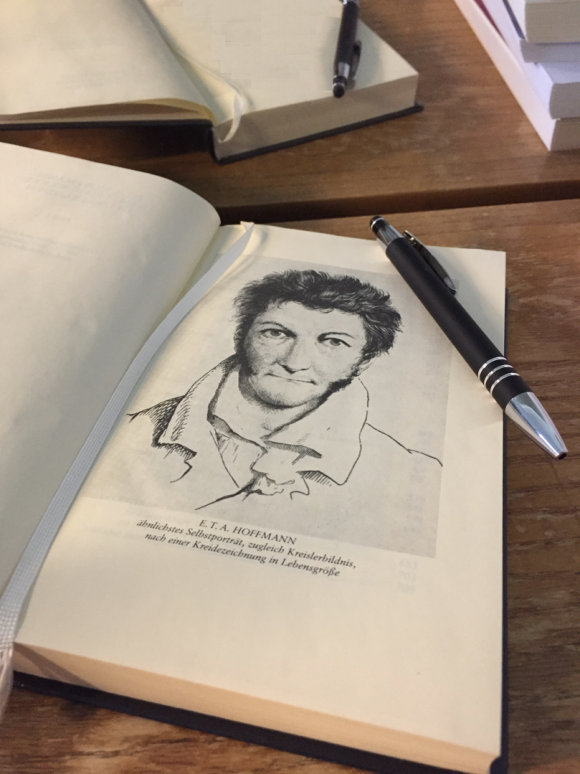
The adventure is kicked into motion by an episode of emotional upheaval (and we know where that leads): a surprise meeting with Julia, an old flame, at the New Year’s party. Romantic memories awake, then confusion arises when she acts somewhat coldly but also, it seems, with some recognition, and finally deep disappointment fuels the mix at her husband’s appearance. This is too much: it all...

Two different senses of ‘synchronistic phenomena’ are operative in Jung’s work. In a narrow sense, there are what I call ‘synchronicities’ on this blog: occasions where two or more events coincide although there is a low probability for them to do so, and where at the same time there is a pronounced sense of a ‘meaningful connection’ between them. That sense of meaning is often perceived only by...
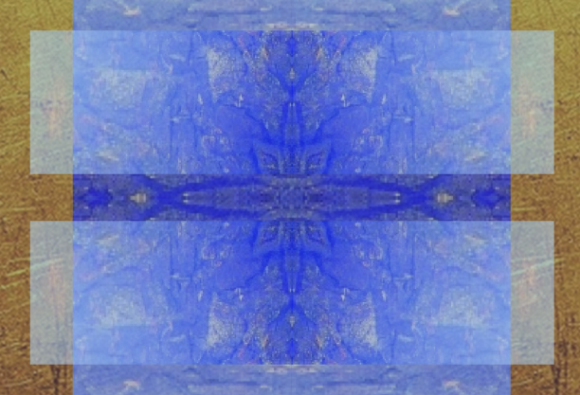
When we become aware of a new phenomenon, it usually happens this way: you notice an occurrence, and then another one, and so on; soon you realize that it is a pattern; you give it a name; finally you collect instances and begin to investigate them: formulating explanations, making predictions, putting it all together in a theory of that phenomenon. Something like this presumably happened with...